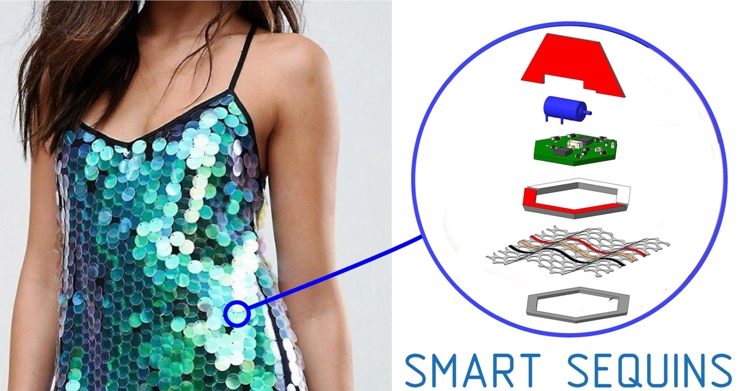
Introduction
A previous article explored the possibility of using electromechanical color reproducing devices to create clothing that can dynamically change its color.
The concept was named “Smart sequins” - electromechanical color reproducing devices with flipping petals of different colors.
Today I will tell you about how a new prototype of sequins was created and what results were achieved.
Flexible base
, , , , .
:
1. () .
2. .
, :
. - - , ? ;
;
- .
- , . ?
. , . , .
, . :
;
. , 1^2;
- .
3
- . . .
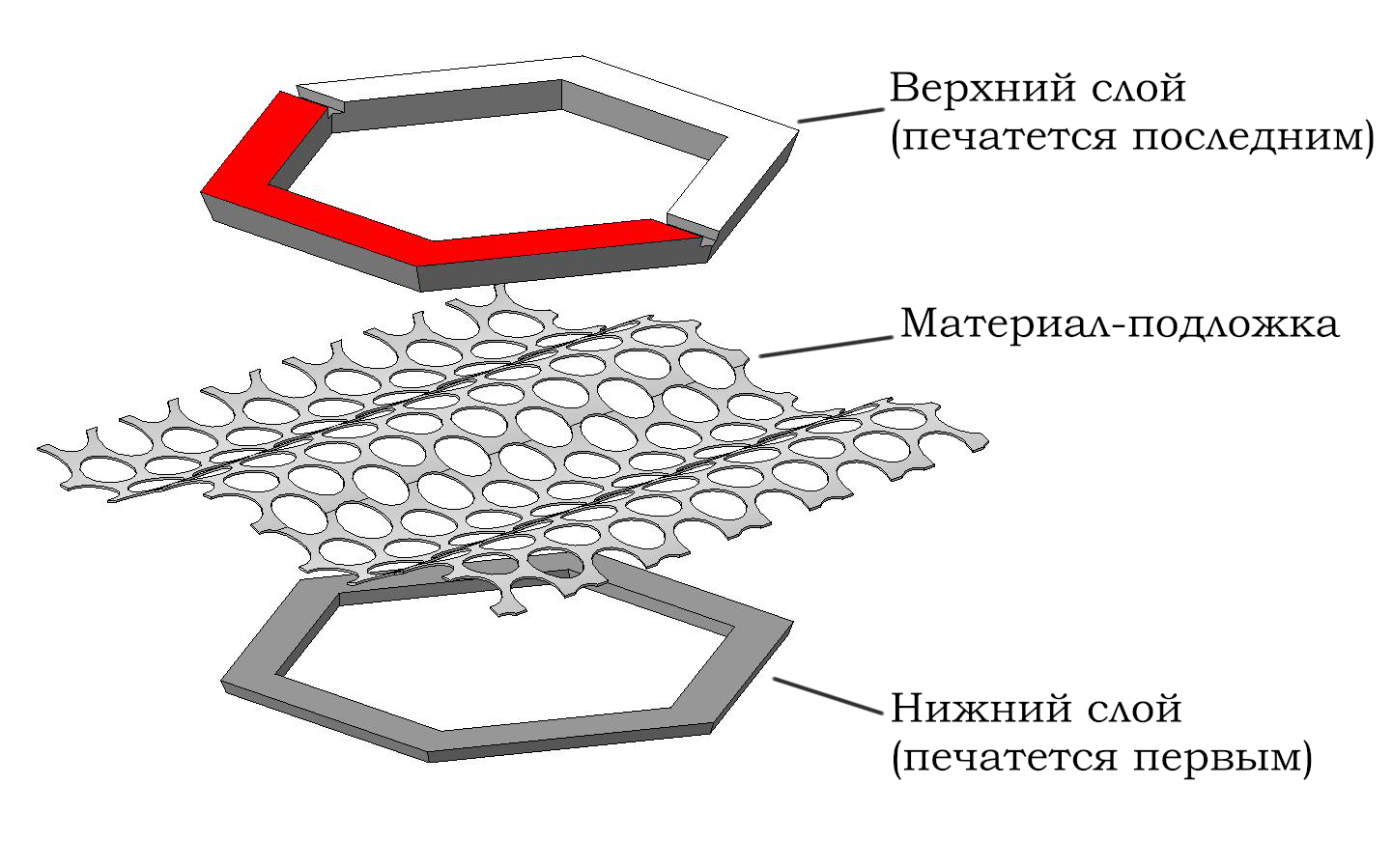
:
1. .
2. .
3. .
4. .
, : ( ).
. : , ?
, , , ():
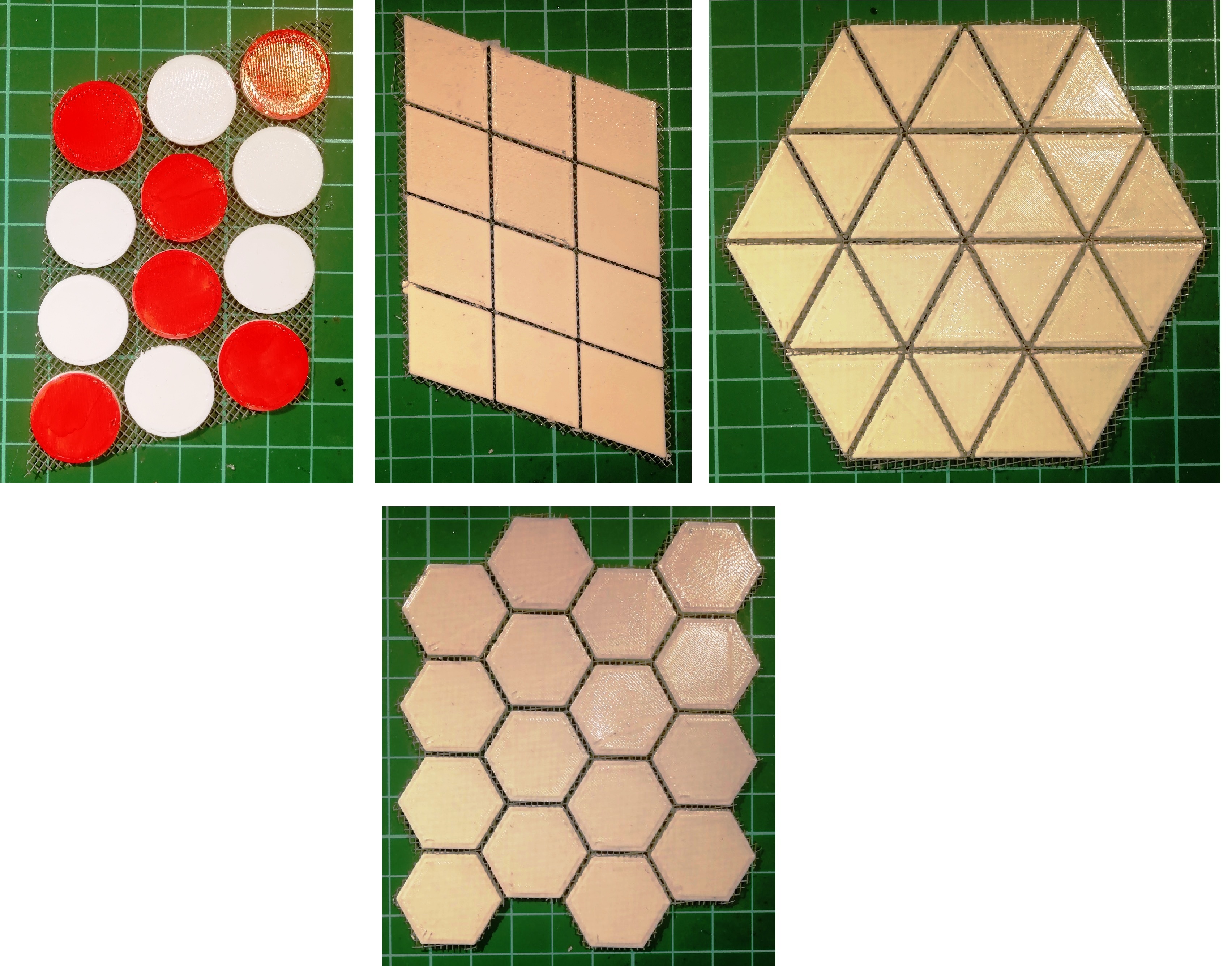
, ...
.
ATtiny13 QFN10. , .
, ATtiny13 1.
STSPIN220, STMicroelectronics.
1.8 10 - !
1.3. QFN16.
, 10.
, 1/256.
DIR ( ), SCTK ( - ), RESET ( ).
:
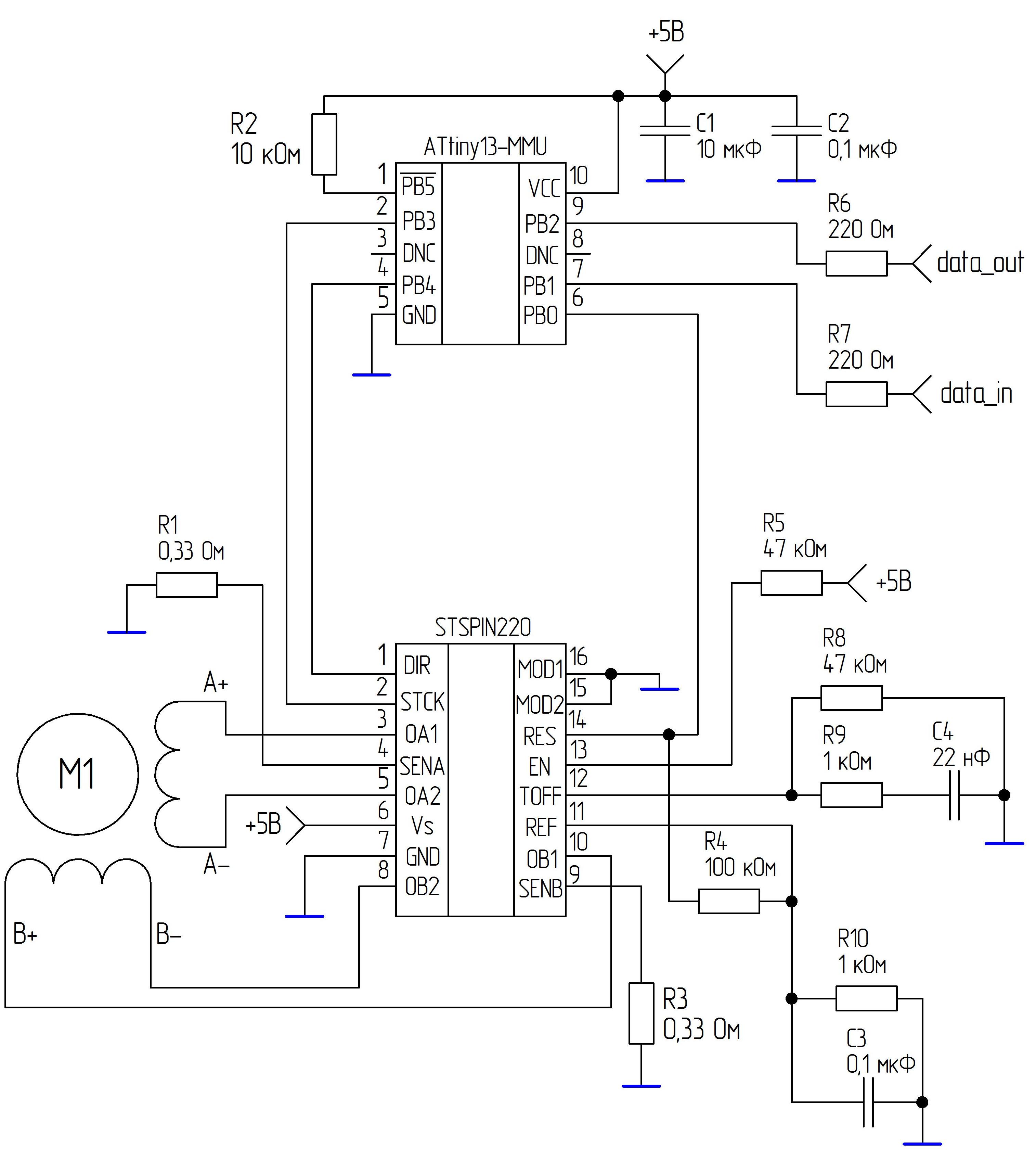
- .
RESET («1» - , «0» - ).
REF . R4 - R10.
54, .
, , RESET, REF .
:
I = 5/(100 000 + 1 000 ) = 50.
!
R1 R3 .
TOFF . . .
MODE . , MODE4 MODE3 DIR STCK . ...
, ( RESET ) DIR(MODE4) STCK (MODE3) . .
MOD1 MOD2 , : , (Full-step). .
, :

0,3 1,5, ( ).
. .
, 1:
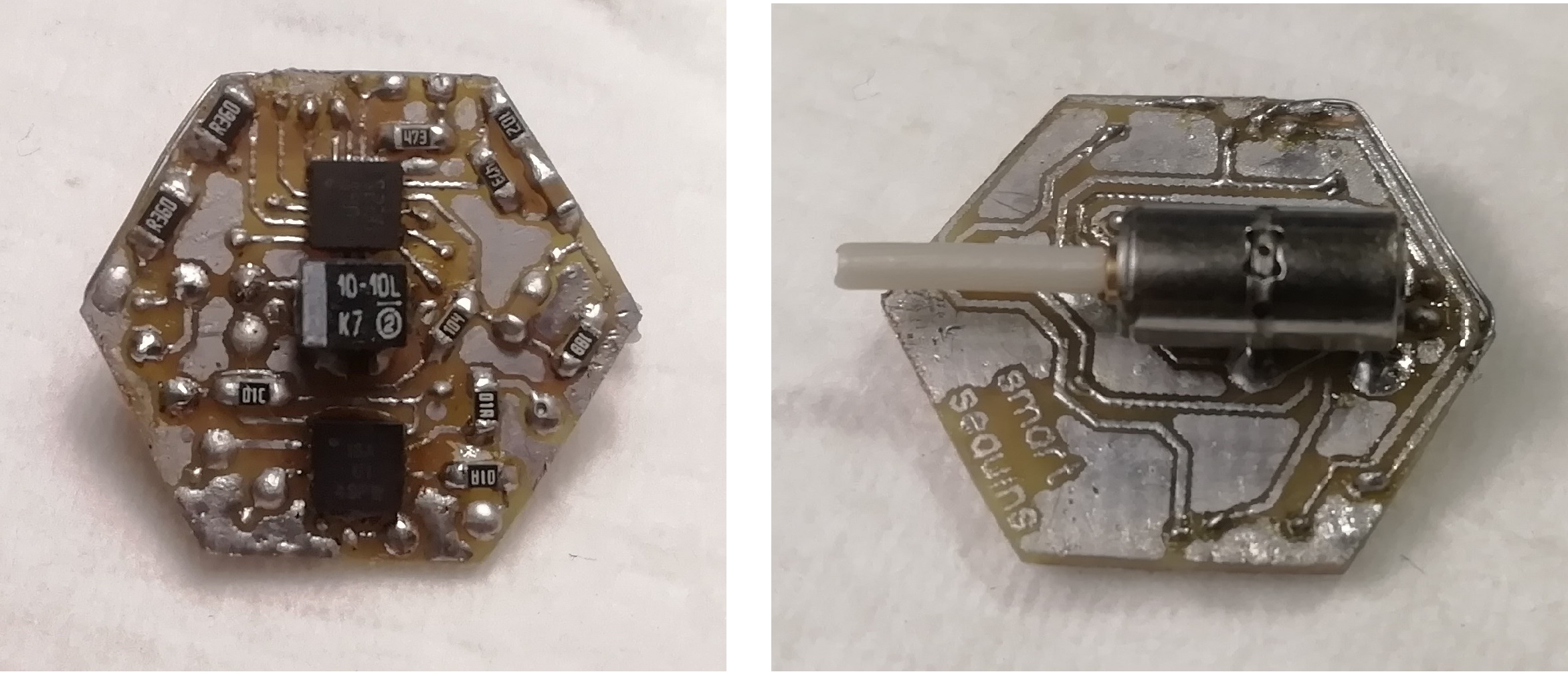
, .
, :
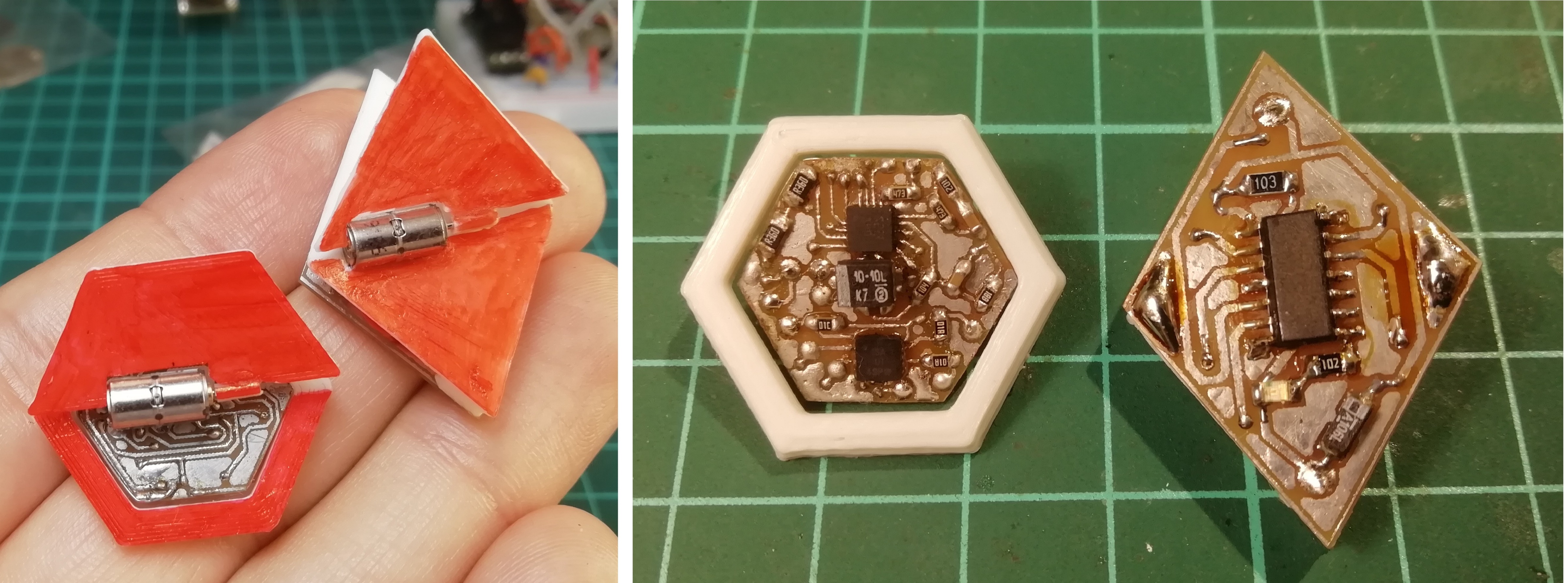
2.08, 3.43 .
1000 ! . 16 0.8.
16 5$ ( 2020 ) 6$ .
, . , , :
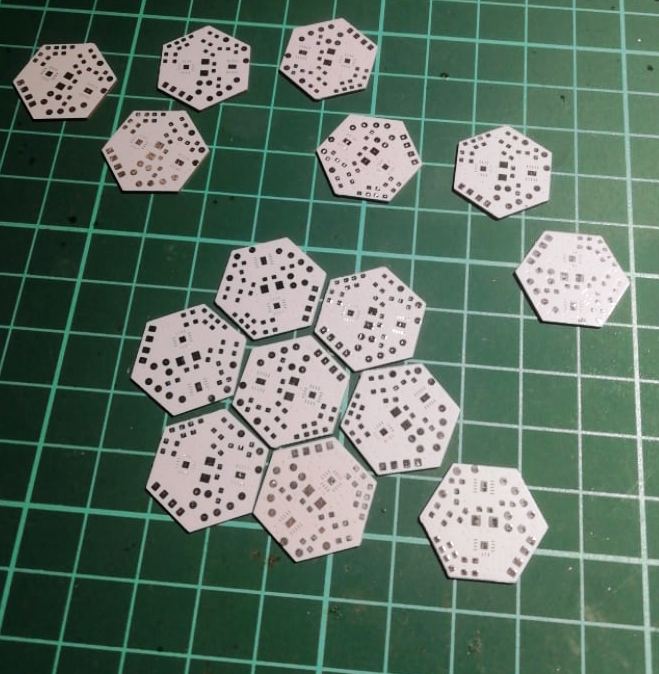
, , .
, , :

- , .
ATtiny13. , power-down. INT0 ( ). (data in).
, , .
, power down.
: . - ( ), . , , , , ... 1000 .
, - ? .
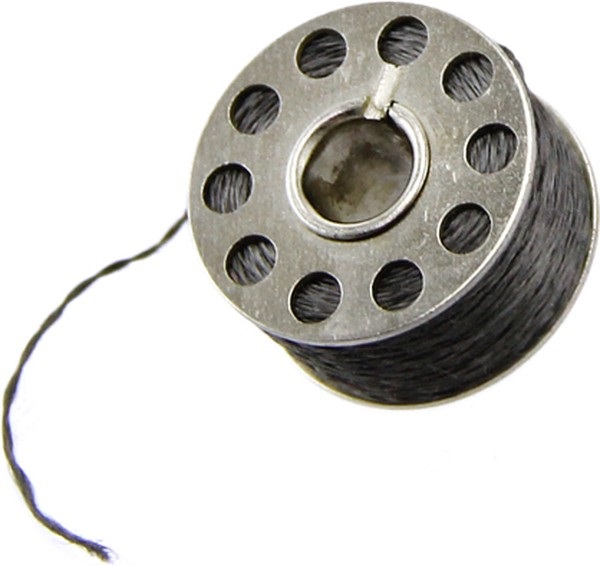
, , !
. , :

. 100 . , , ( ).
: , . . :
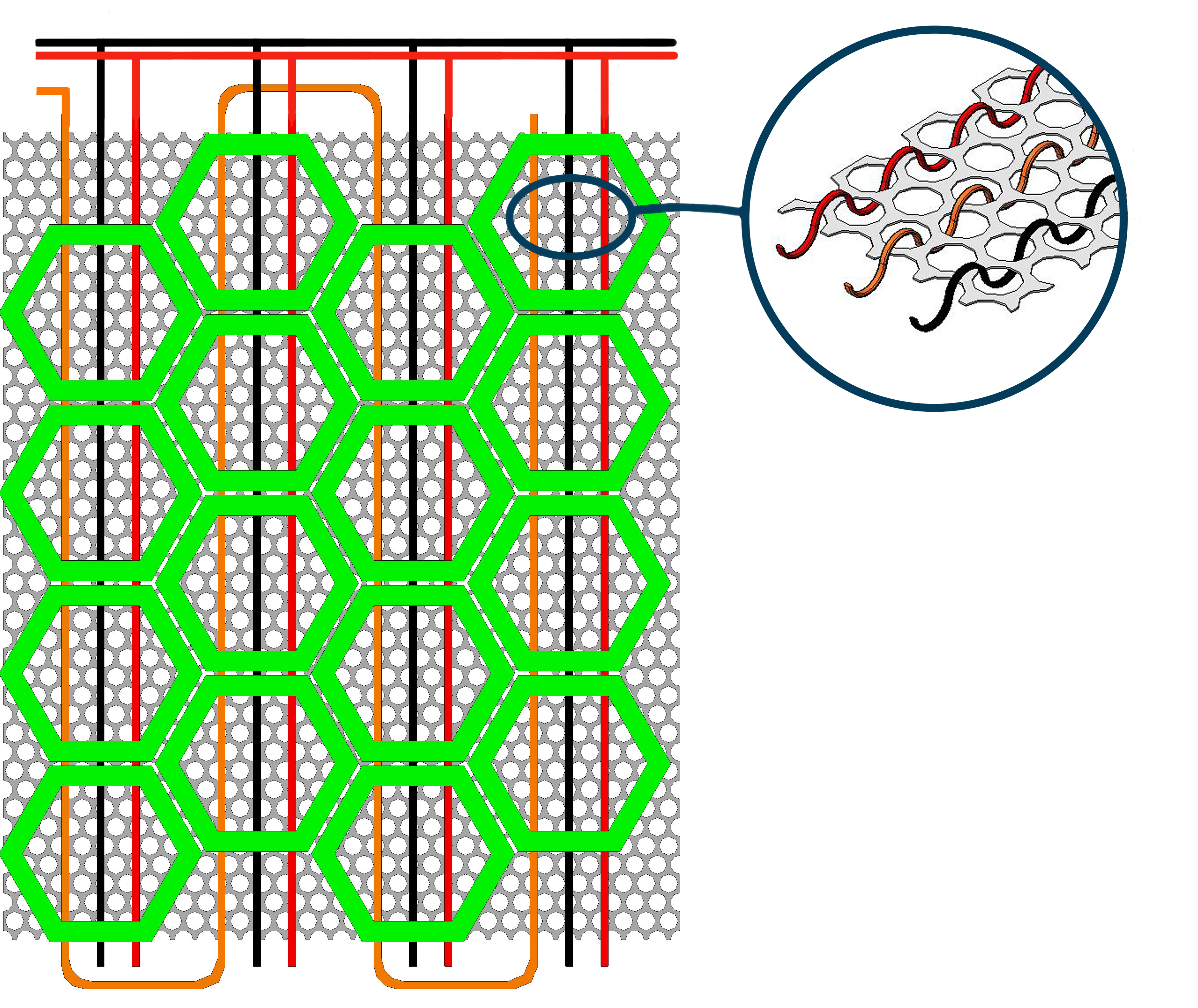
- .
, , , .
:

180 , . , . - , .
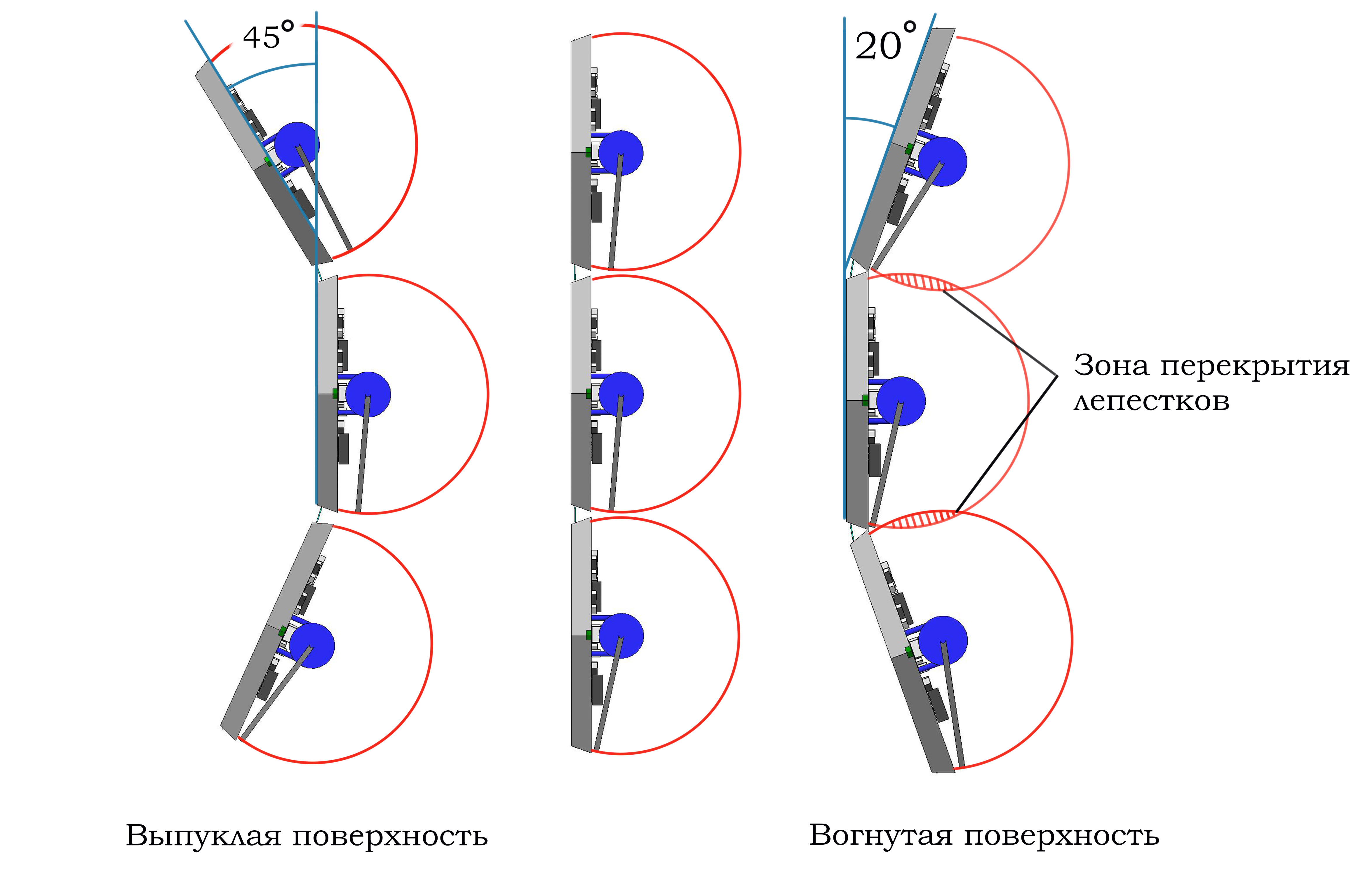
, .
, 20 , . .
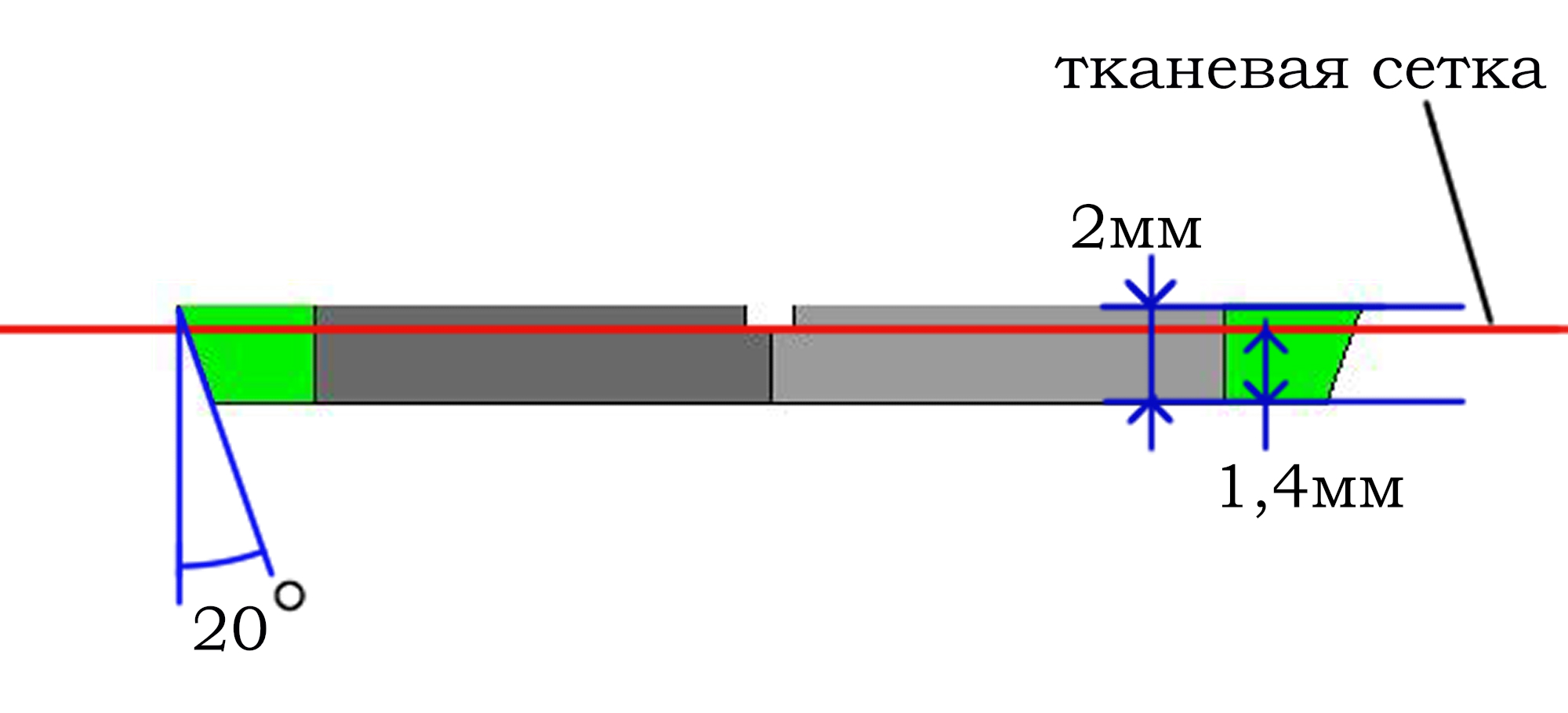
:
.
.
. . , !
:
;
;
solved the problem of high power consumption when changing colors due to the wave switching method;
the weight of an individual matrix element is reduced by 185%;
the problem of power supply and signal transmission between matrix elements is solved.
What needs to be worked on:
mechanical strength of fastening movable petals on the stepper motor shaft;
optimization of the printed circuit board topology.
Next time I will tell you about how the FDM printer was modified for printing a matrix of sequins on fabrics with an area of 1m ^ 2 or more, and how then we made real clothes from this fabric.